Unseen beneath the surface of our lush agricultural fields, a silent threat lurks. These tiny creatures, known as termites, may seem innocent at first glance, but their impact on crops can be devastating. From directly feeding on plant roots to indirectly disrupting soil structure and nutrient distribution, termites have the potential to wreak havoc on our food production systems. In this blog post, we will delve into how these small yet mighty insects affect crops and explore preventive measures to keep them at bay. So strap in and prepare to unearth the truth about termites’ influence on our beloved crops!
Different Types of Termites
Termites are microscopic, gregarious insects of the Isoptera order. They are known for their ability to feed on cellulose-based materials like wood, causing significant damage to buildings, furniture, and other wooden structures. There are several types of termites, each with its own characteristics and habits.
Subterranean Termites: These termites live in underground nests and build mud tubes to access food sources above ground. They are the most common and destructive type of termite.
Drywood Termites: Drywood termites infest dry wood without the need for contact with soil. They do not build mud tubes and can cause damage to wooden structures, furniture, and even books.
Dampwood Termites: Dampwood termites thrive in wood with high moisture content. They are typically found in decaying logs, stumps, and other moist areas.
Formosan Termites: Originally from East Asia, Formosan termites are a particularly aggressive type of subterranean termite. They have large colonies and can cause significant structural damage in a short period.
Desert Termites: These termites have adapted to survive in arid regions with minimal water sources. They build elaborate tunnel systems and mounds to regulate temperature and humidity within their colonies.
It’s worth noting that there are numerous species of termites within each type, each with its unique characteristics, behaviours, and preferred habitats.
How Do Termites Affect Agricultural Crops?
Termites are tiny yet mighty creatures that can wreak havoc on agricultural crops. These pesky insects belong to the insect order Isoptera and are known for their insatiable appetite for wood and cellulose-based materials. While they may seem harmless at first glance, termites can cause significant damage to crops directly and indirectly.
Direct Impact on Agricultural Crops
Termites can directly impact agricultural crops, causing significant damage and economic losses for farmers. These pests are known for their ability to devour wood and plant material, including various crop plants’ roots, stems, and leaves.
When termites infest agricultural fields, they can consume large amounts of plant tissue in a short period. This feeding activity weakens the plants, making them more susceptible to diseases and other pest attacks. In severe cases, entire crops may be destroyed or rendered unmarketable.
Certain types of termites also have unique feeding habits that directly affect specific crop plants. For example, subterranean termites build mud tubes to access above-ground structures like corn stalks or sugarcane stems. They hollow out these vital parts of the crops from within, leading to structural collapse and reduced yield.
It is crucial for farmers to monitor their fields regularly for signs of termite infestation. Early detection allows for prompt intervention measures such as chemical treatments or cultural practices like crop rotation can help prevent significant crop loss.
Indirect Impact on Agricultural Crops
Apart from the direct damage caused by termites to agricultural crops, indirect effects can significantly impact crop production. One of the main indirect impacts is through changes in soil fertility and structure.
Termites play a vital role in breaking down organic matter, such as dead plant material and animal waste, which helps in nutrient recycling. However, when termites infest agricultural fields, they consume large amounts of organic matter from the soil. This leads to a decrease in available nutrients for plants and affects their overall growth and productivity.
Moreover, termite activity can disrupt the natural structure of the soil. Termites build extensive underground tunnels and nests, creating channels for water infiltration. While this may seem beneficial at first glance, excessive termite tunnelling can lead to increased water drainage from the soil profile. As a result, moisture retention capacity decreases, making it difficult for crops to access adequate water during dry periods.
Preventive Measures and Control
When it comes to dealing with termites and protecting agricultural crops, prevention is key. Here are some effective preventive measures and control strategies that can help farmers keep these pesky pests at bay.
Soil Treatment: Treating the soil before planting crops is crucial in termite control. This can be done by applying insecticides or termiticides to the soil, creating a barrier that prevents termites from reaching the crops’ roots.
Crop Rotation: Rotating crops regularly helps disrupt termite populations as they rely on specific food sources. By rotating different types of crops in a field, farmers can prevent termites from establishing large colonies near their valuable plants.
Regular Inspections: People should do regular inspect for termite infestations on their fields to detect early sign. By identifying problem areas early on, prompt action can be taken to minimize damage and implement necessary control measures.
Biological Controls: Using natural predators of termites, such as certain nematodes or fungi, can effectively manage termite populations without relying solely on chemical treatments.
Physical Barriers: Installing physical barriers like metal mesh or plastic sheets around crop beds can create a protective shield against invading termites.
Conclusion
Overall, termites can have a devastating impact on agricultural crops, causing significant economic losses for farmers. Farmers need to implement effective termite control measures and take preventive steps to protect their crops from these destructive pests. Understanding the effects of termites on crop production and taking necessary precautions can ensure a healthier and more productive future for our agriculture industry.

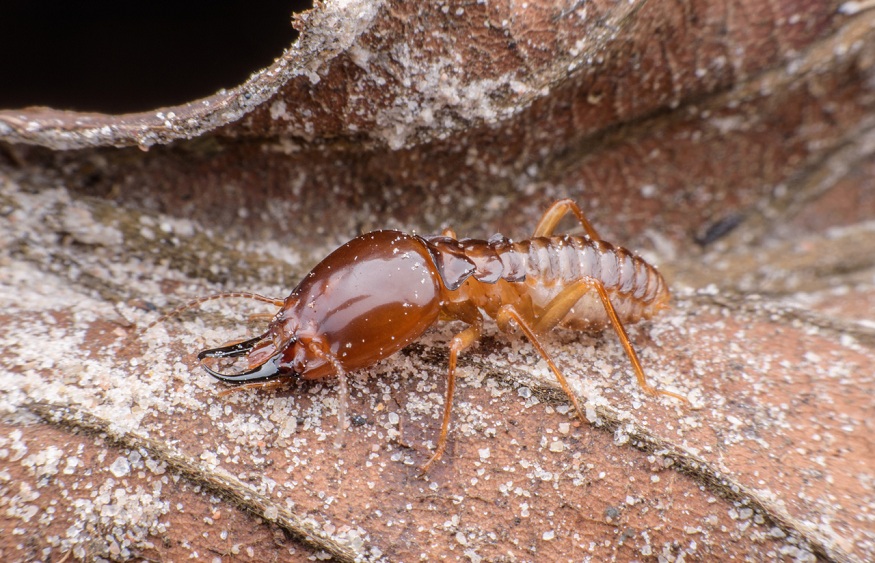
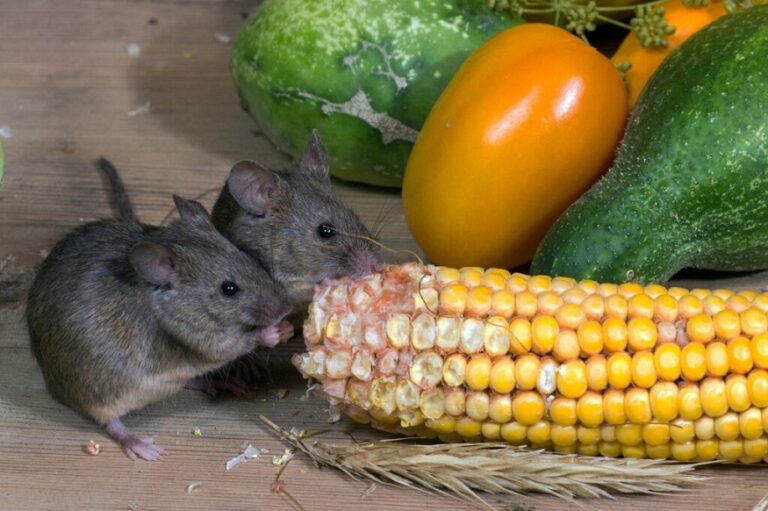
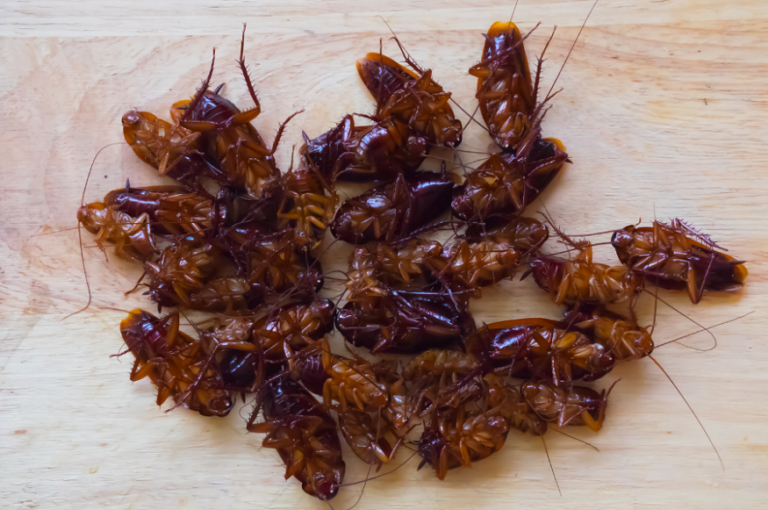
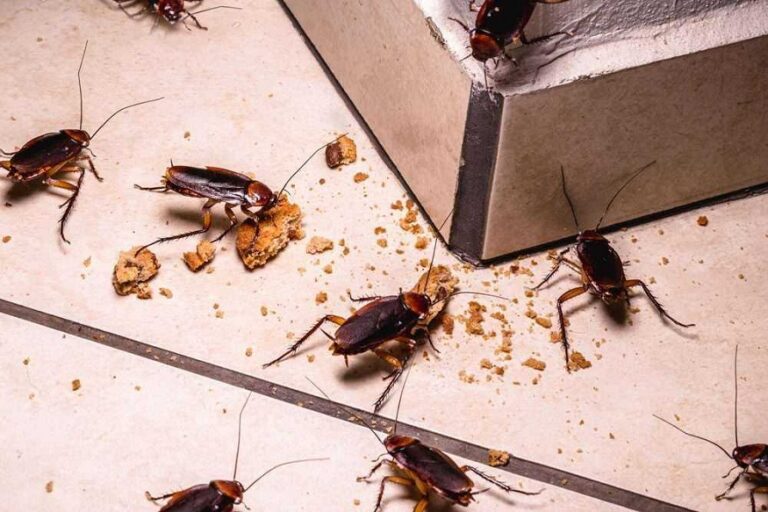



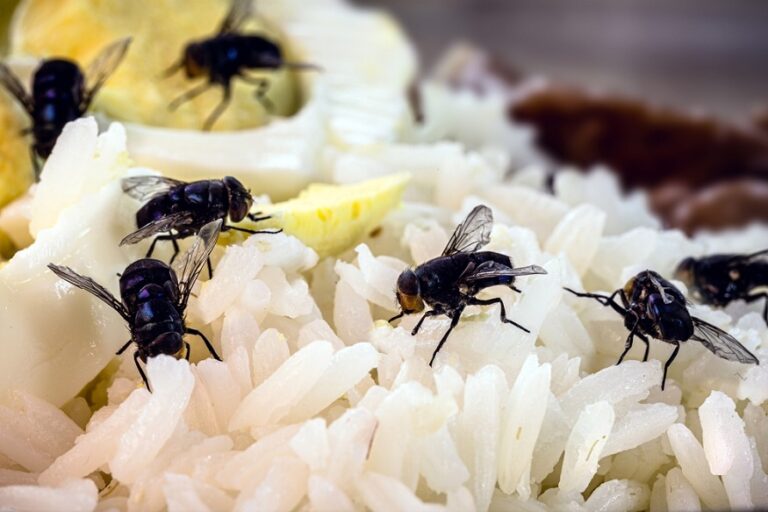



+ There are no comments
Add yours